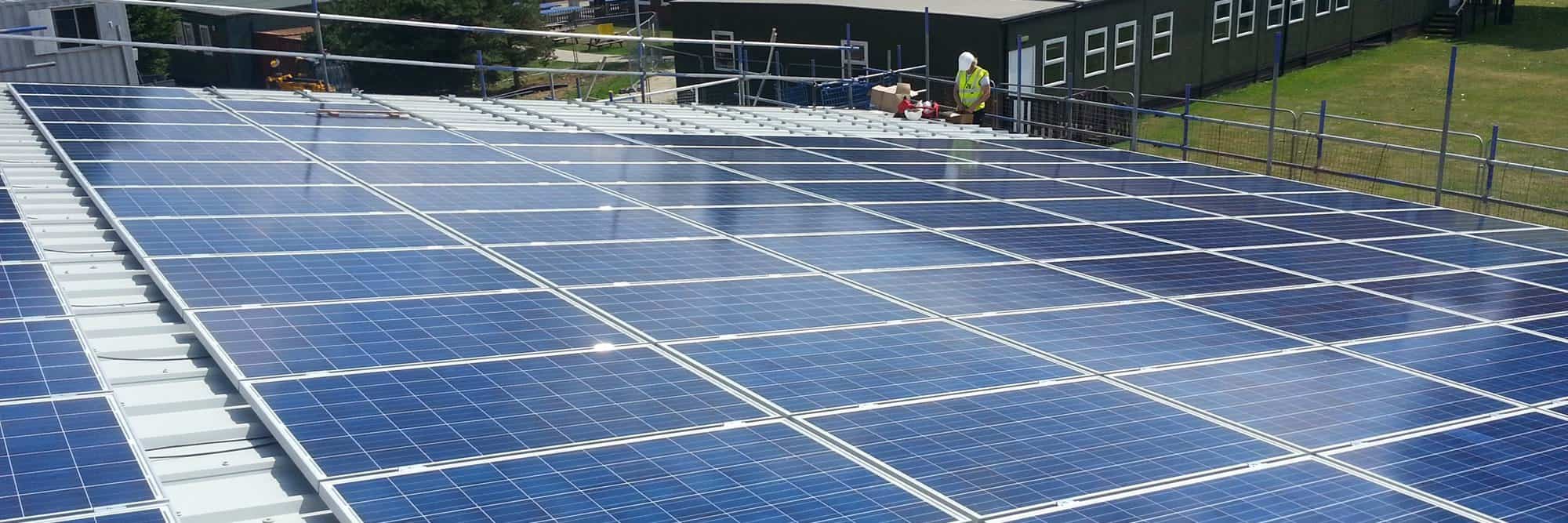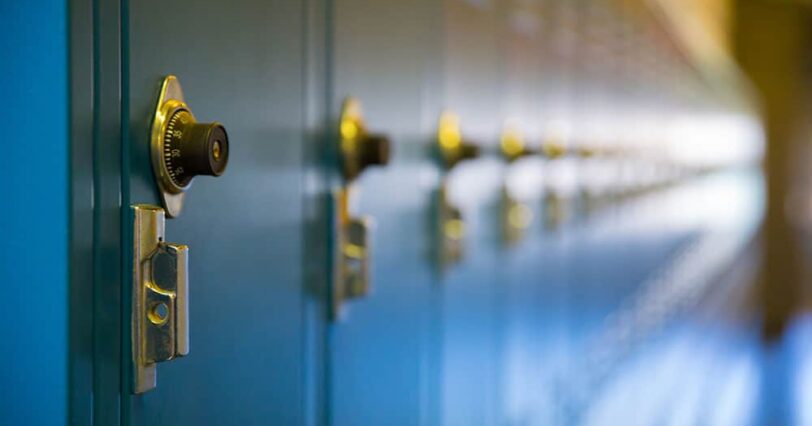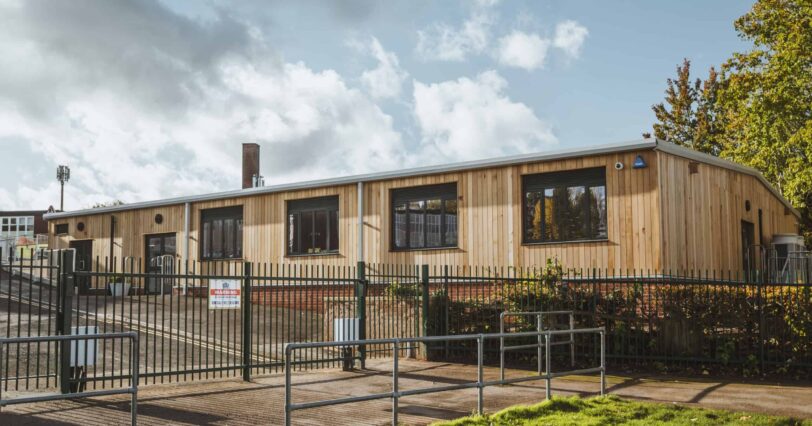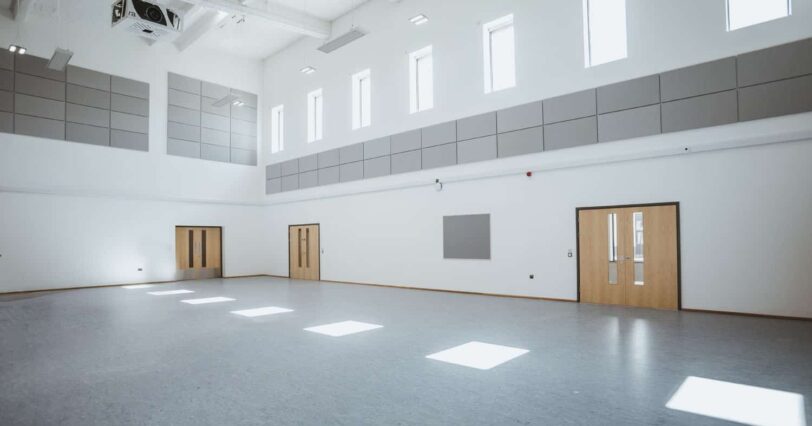With rising energy bills a concern for any company, the ability to generate more income through new clients and making business cuts can offset such increases. However, schools are often unable to make these changes and with the majority of school buildings in the UK built in the 70’s, this only makes the tackling of energy efficiency harder. So why not stop paying those bills and generate your own energy?
Cars, houses, buildings, recycling; the world is becoming wise to the need to do something about the energy crisis and are making positive changes to provide a future for the next generation. Schools, however, are a little behind the times on this development. UK schools could reduce energy costs by around £44 million per year, which would prevent 625,000 tonnes of CO2 from entering the atmosphere. Simple things such as turning off machines via timers and regular maintenance of outdated systems, could make a small difference. One way to ensure that schools are following the trend and working towards a better future, is to construct self-sufficient, negative carbon emission buildings.
School Business Managers may recoil at the thought of spending money on such a large expenditure, but a Schoolhaus® building actually costs a fraction of the price of erecting a new building on site. We also offer funding to install one of our buildings, where 50% of rent is covered by energy production. Most schools have reported that a Schoolhaus building actually generates enough energy to power other areas of the school too.
Why should schools be energy efficient?
We can make these fantastic developmental changes in energy efficiency, but unless we educate the future generations of the impact such changes have had on our environment, they may not continue in our footsteps. Building an NZB Schoolhaus is like building your own power plant for the rest of the school and can allow students to experience ‘real world’ activities when exploring energy efficiency in many subjects, such as Maths, English, Science and Citizenship classes.
Climate change is a part of daily life and we are constantly being reminded of the effects of plastic on the environment and are doing all we can to prevent changes to the planet. Schools should be echoing what children are doing in their home life and seeing solar panels and air filtration systems will reinforce their learning of how to tackle the energy efficiency crisis. We also recycle, with waste being almost completely eliminated; offcuts are used as biomass fuel to provide space heating in our factory. This change can also encourage parents to follow the school’s lead and be more energy efficient at home.
How is a Schoolhaus building energy efficient?
Intelligent air-handling units are installed throughout the building, which means it captures and stores energy. It is also airtight which reduces the influx of harmful pollutants to children.
The Mechanical Ventilation and Heat Recovery (MVHR) system exchange plates, which are standard on all buildings, are able to recover and recycle over 90% of the heat in the building. The roof is also entirely covered by solar photovoltaic panels, where a 29kW array will generate around £5,000 for the school each year.
Overall, the environment will benefit from a school’s reduction in energy use and carbon emissions. As a Schoolhaus is the most energy efficient school building in the UK, having one sets a precedent for other schools to follow.
If you would like to find out about tackling energy efficiency and having a Schoolhaus building on your site, please feel free to contact us.







